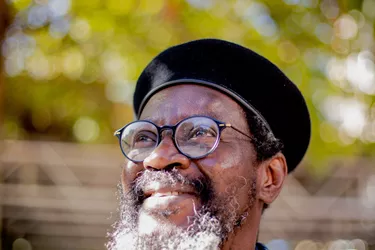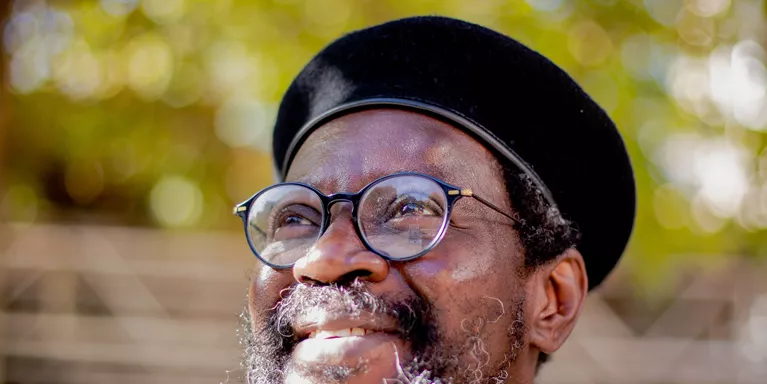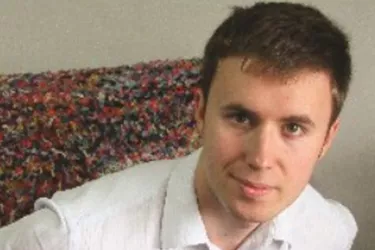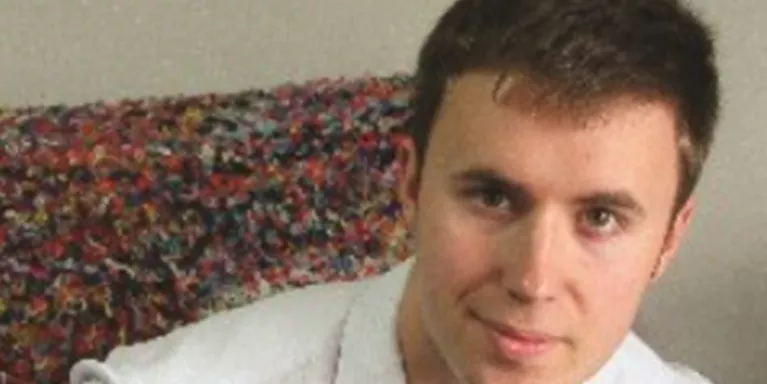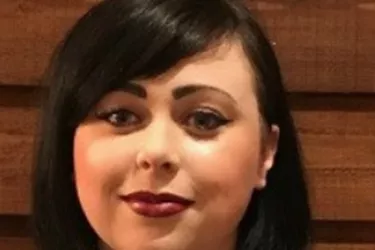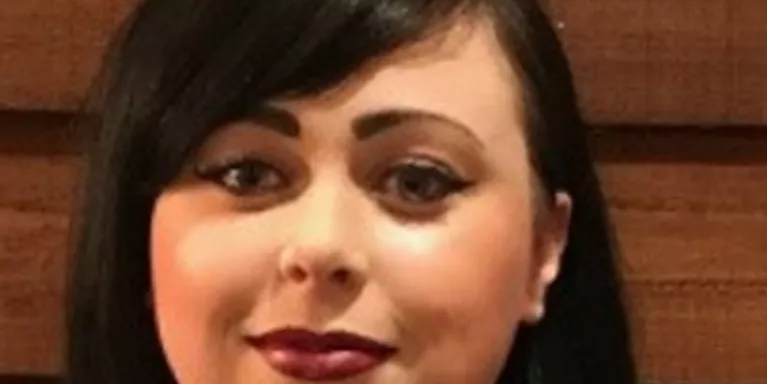People call me crazy - my film about schizophrenia
In 2014 I finally realized my dream of making a documentary film about my life with paranoid schizophrenia. The film which eventually became 'People Call Me Crazy' began in early 2005 when I was first diagnosed with mental illness and spent some time in a psychiatric hospital.
I had always wanted to make films but making a film about my illness seemed a bit daunting at the time. It was only when it worsened that I decided it was time to do it before I couldn’t anymore.
I could explain my illness here but the film is my story. That was a goal of mine was to honestly explain schizophrenia to people and to dismiss the myths around it (most commonly that old chestnut of "schizophrenia is split personality"). When I was in hospital (and when discharged) I found it very strange that I was always shown books or videos of people explain how a schizophrenic SHOULD feel. I was never shown a schizophrenic explaining how they actually feel. This was the main goal when I made the film to have a schizophrenic explaining the illness as no one knows it better than someone who deals with it day to day.
I shot the film with a close friend after I successfully raised enough money to shoot it though Kickstarter. Having that close friend there, and a no pressure ‘we need to keep to schedule’ approach I found it easier to talk about things. Simple recollections of things are difficult so it took surprisingly long to get short amounts of footage. I put everything I had mentally into the film trying my hardest to remember things and put complicated delusions into words for others to try and understand. It’s something I’m glad I was able to do and hopefully people will see the struggles people like me suffer every day.
I hope the film accomplishes in this as that's more important than any film festival or critic reviews.
Watch 'People call me crazy' by Juno Jakob


Information and support
When you’re living with a mental health problem, or supporting someone who is, having access to the right information - about a condition, treatment options, or practical issues - is vital. Visit our information pages to find out more.
Share your story with others
Blogs and stories can show that people with mental health problems are cared about, understood and listened to. We can use it to challenge the status quo and change attitudes.










